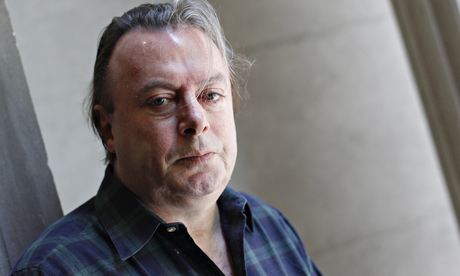
The quicksilver nature of literary success makes it all too tempting to think about what might have been. In his memoir, Hitch-22, Christopher Hitchens recounts a quirky version of this bookish fantasy which he devised with Salman Rushdie.
Salman began to evolve and improvise a new word game, this time of book titles that had almost but not quite made it to acceptance by publishers: The Big Gatsby, A Farewell to Weapons, For Whom the Bell Rings, Good Expectations, Mr Zhivago, Two Days in the Life of Ivan Denisovitch …
It was obviously a game played with much affection – Rushdie describes the game in his own memoir, Joseph Anton, adding Mademoiselle Bovary, The Story of the Forsytes, Cab Driver, Love in the Time of Influenza, Raspberry Finn, and Toby-Dick (AKA Moby-Cock).
But is there any intrinsic difference between these titles and the ones inscribed in the literary canon? Would Faber & Faber have published My Beautiful Laundromat? Would Lemuel's Travels have been universally read from the cabinet council to the nursery? Would you care that much if your wife or your servants read Lady Slattery's Lover? Or is it all just a question of 20/20 hindsight?

